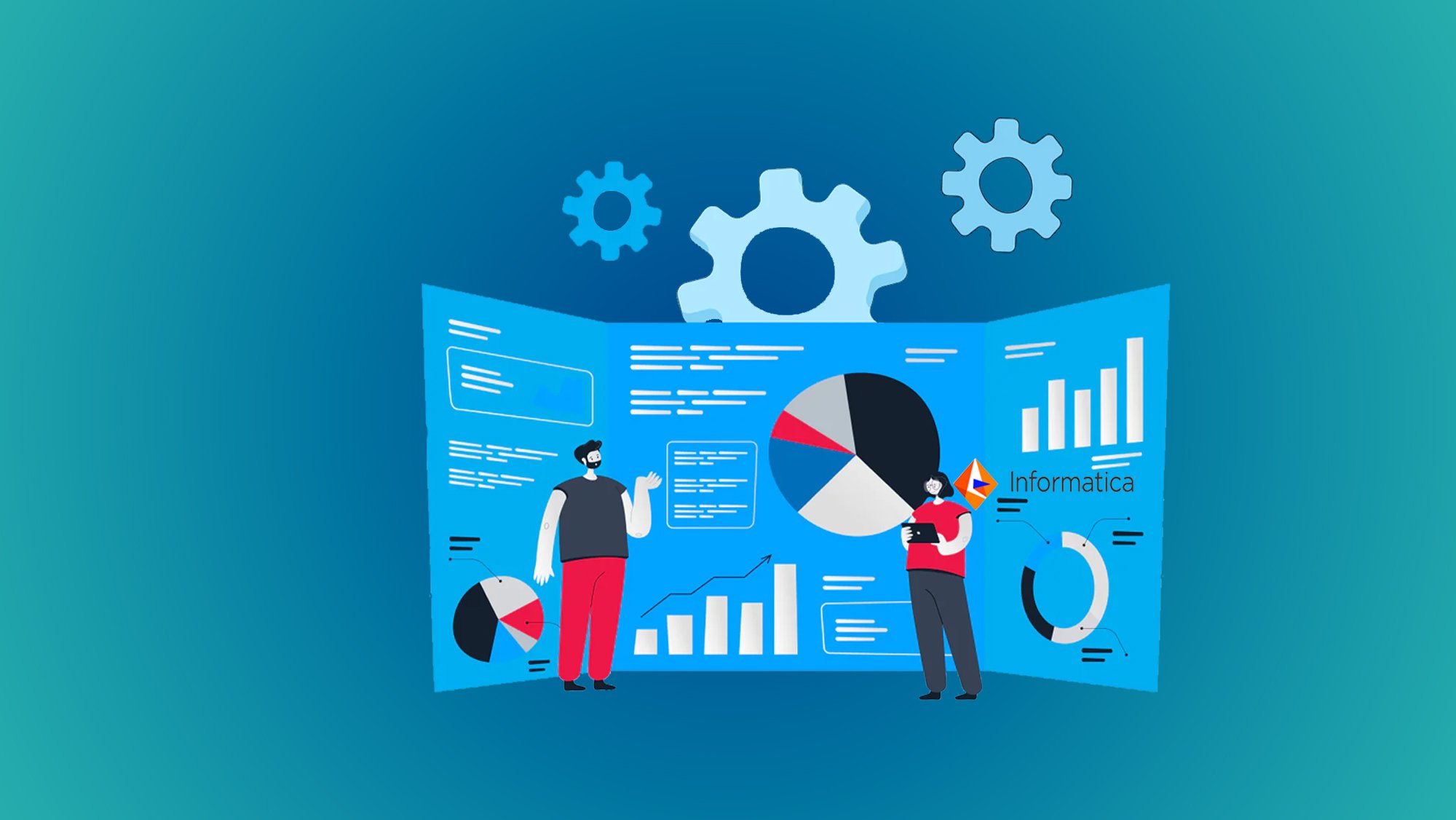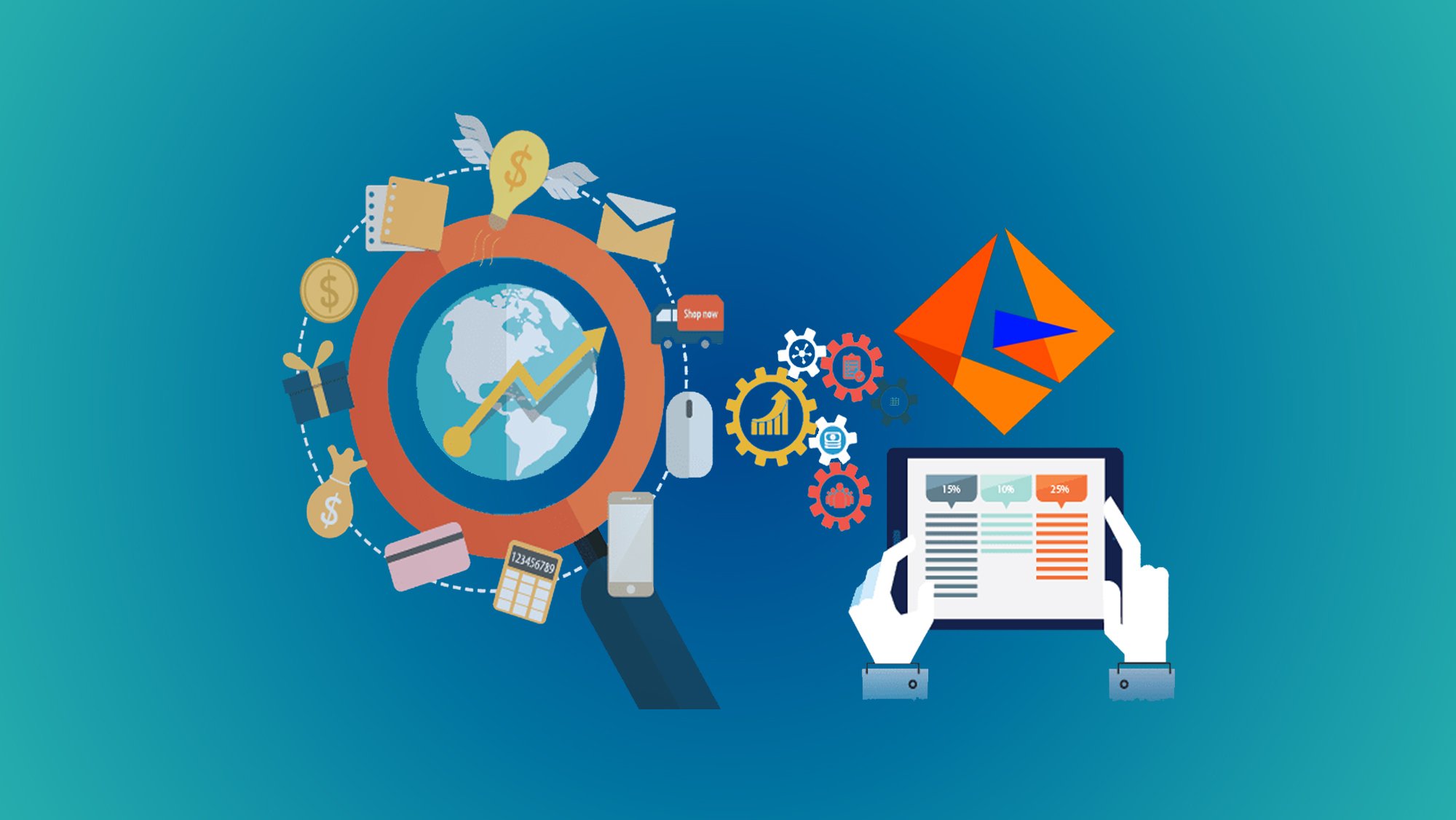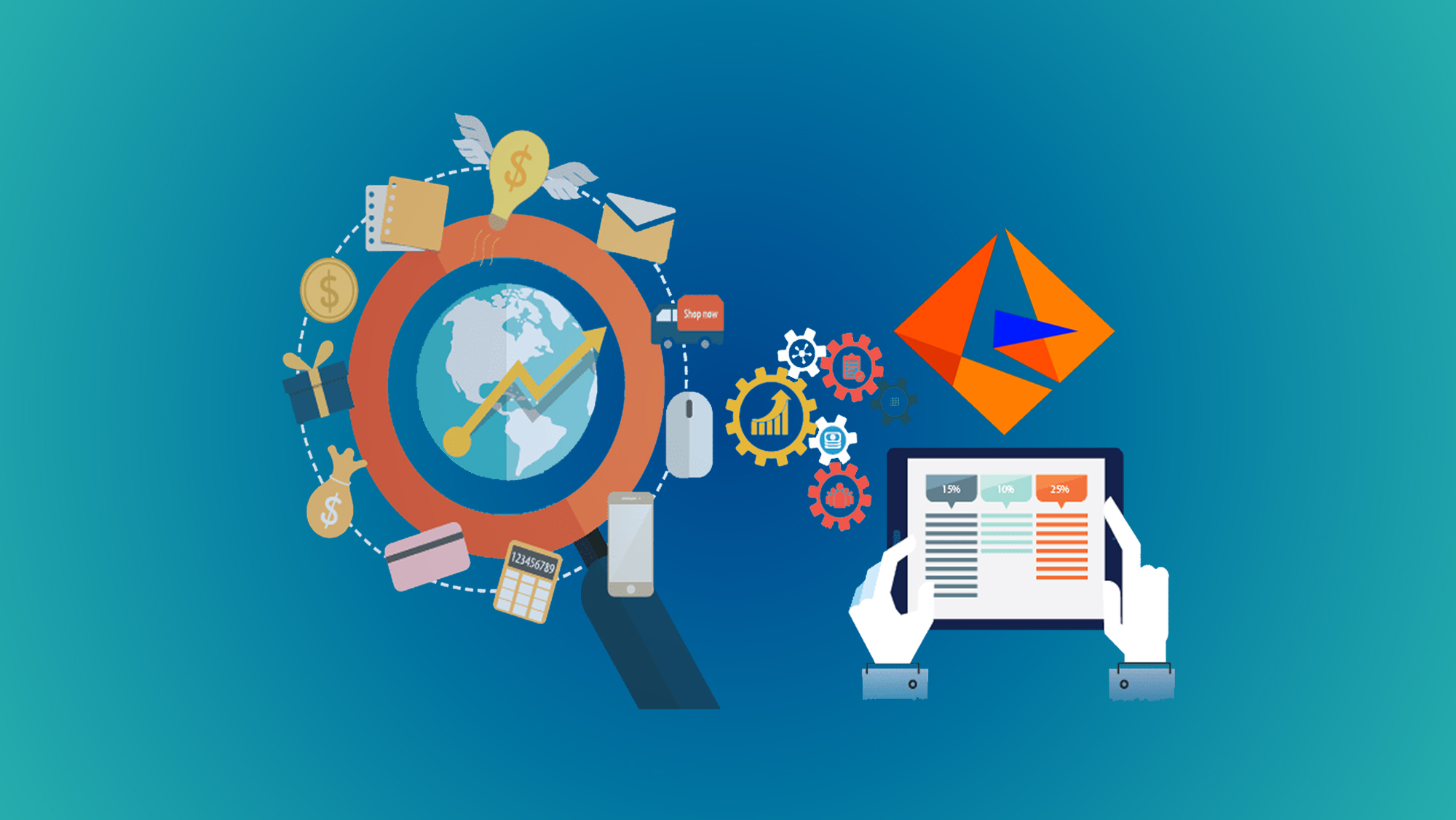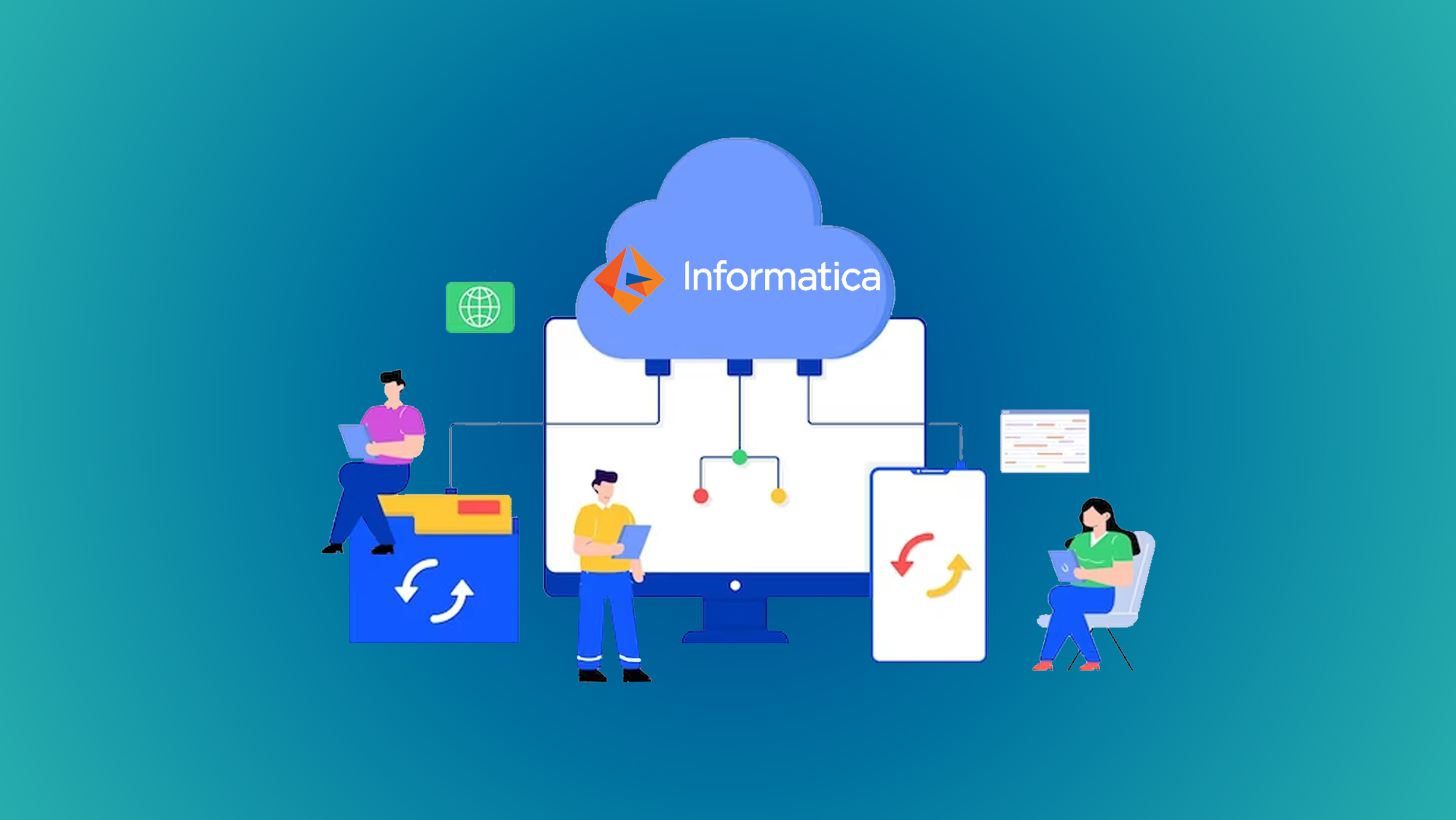What are the Benefits of Informatica Training?
- Comprehensive Knowledge: Informatica Training provides a deep understanding of the Informatica software suite, equipping participants with the knowledge to effectively use its various features and functionalities.
- Hands-on Experience: The training includes practical exercises and real-world scenarios, allowing participants to gain hands-on experience in using Informatica tools and techniques.
- Improved Data Management Skills: Informatica Training enhances participants' data management skills, including data integration, data quality, data transformation, and master data management, enabling them to handle complex data challenges effectively.
- Career Opportunities: With the increasing demand for data management professionals, Informatica Training can significantly boost career prospects by providing specialized skills and expertise in using this popular software.
- Efficiency and Productivity: Through Informatica Training, participants learn how to streamline data operations, automate processes, and ensure data accuracy and consistency, leading to improved efficiency and productivity in organizations.
- Industry Recognition: Acquiring Informatica skills through training demonstrates a commitment to professional development and enhances credibility, making individuals more desirable to employers in the data management field.
- Problem-solving Abilities: Informatica Training equips participants with problem-solving techniques and strategies to address data-related challenges, enabling them to make informed decisions and optimize data management processes.
- Networking Opportunities: Training programs often provide opportunities to connect with industry professionals and fellow participants, facilitating valuable networking and knowledge-sharing experiences.
Who Needs Informatica Training?
Informatica Training is essential for professionals working in the field of data management, including data engineers, data analysts, ETL developers, database administrators, and business intelligence specialists. It is beneficial for individuals seeking to enhance their skills in data integration, data quality, master data management, and other related areas. Informatica Training is also valuable for professionals across industries who handle large volumes of data and need to optimize data operations, ensure data accuracy, and improve overall data management efficiency.
Prerequisite for Informatica Courses
- Basic Computer Skills: Participants should have a fundamental understanding of operating systems, file management, and general computer usage. This includes knowledge of navigating through folders, creating, modifying, and saving files, and using basic software applications.
- Database Concepts: Familiarity with basic concepts of databases, such as tables, records, queries, and relationships, is helpful. Understanding SQL (Structured Query Language) and how it is used to retrieve and manipulate data in databases is also beneficial.
- Data Integration Knowledge: Some courses may assume prior knowledge of data integration concepts, including understanding the process of combining data from different sources, transforming it, and loading it into a target system.
- Data Management Experience: While not always mandatory, having some experience in data management practices can be advantageous. This includes understanding data quality, data governance, data modeling, and data warehousing concepts.
- Familiarity with ETL Tools: Informatica is an ETL (Extract, Transform, Load) tool. Therefore, familiarity with ETL concepts, workflows, and data integration tools can be beneficial, although not always required for introductory-level courses.
Informatica Career Opportunities
- Informatica Developer: Develop and maintain data integration workflows, design mappings, and transformations using Informatica PowerCenter or other Informatica tools.
- Data Integration Specialist: Design and implement data integration strategies, create data mappings, and ensure seamless data flow across systems using Informatica.
- Data Quality Analyst: Use Informatica Data Quality to assess and improve data accuracy, consistency, and completeness, ensuring data compliance with standards and regulations.
- Master Data Management (MDM) Consultant: Implement Informatica MDM solutions, design data models, and establish data governance processes to manage and govern master data across an organization.
- Data Architect: Design and architect data management solutions using Informatica technologies, including data integration, data warehousing, and big data processing.
- Business Intelligence Developer: Utilize Informatica PowerCenter or Informatica Cloud to extract, transform, and load (ETL) data for business intelligence and reporting purposes.
- Data Governance Specialist: Implement data governance frameworks, establish data policies, and ensure data quality and compliance using Informatica Data Governance tools.
- Cloud Data Engineer: Work with Informatica Cloud to integrate, transform, and load data from various cloud-based sources and support organizations' data initiatives in the cloud.
- Big Data Integration Specialist: Use Informatica Big Data Management to integrate and process large volumes of structured and unstructured data from diverse sources within big data environments.
- Data Analyst: Utilize Informatica tools to analyze and interpret data, generate insights, and support data-driven decision-making processes.
Conclusion:
Informatica is a powerful and widely-used data integration and management software platform that offers numerous benefits for organizations and professionals in the data management field. With its comprehensive suite of tools, Informatica enables efficient data integration, data quality, master data management, and more. By leveraging Informatica's capabilities, businesses can streamline their data operations, ensure data accuracy and consistency, and make informed decisions based on reliable information. With the increasing demand for skilled Informatica professionals, acquiring expertise in Informatica opens up promising career opportunities in the data management domain.






No Comments Yet
Let us know what you think